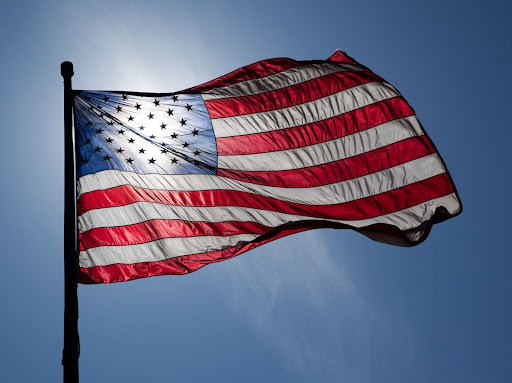It has been nearly four months since the Taliban announced a new law banning women from speaking to one another. Under the new “vice and virtue” laws, women are prohibited from conversing, and these laws dictate their attire, behavior, and public presence. The urgency of the situation in Afghanistan cannot be overstated.
Women have been discouraged from speaking up and using their voices meaningfully for centuries. As time has progressed, countries across the globe have worked to help women achieve greater economic, social, and political equality.
The Gender Inequality Index (GII) is a United Nations Development Programme (UNDP) publication that measures gender inequality and considers factors such as reproductive health, the labor market, and political, economic, and social empowerment. Since 1990, the GII has steadily decreased worldwide from 0.581 to 0.462
The steady score decline indicates that worldwide equality has decreased due to government measures working to bring women into the public sphere. It is a testament to the progress made in women’s rights globally.
Internationally, the UN has created a Commission on the Status of Women (CSS) that has devised a plan to further women’s status. The CSS has stated that its priorities in 2021-2024 are “Women’s full and effective participation and decision-making in public life, as well as the elimination of violence.”
While measures worldwide have worked to include women in government, the status of women in fundamentalist countries has steadily decreased as they’ve been stripped of their autonomy.
Currently, women in Afghanistan are not protected under the law when threatened with violence. Additionally, they’ve slowly lost access to education, and many have been forced into dangerous child marriages in an attempt to save their families from poverty.
Women’s rights organizations have also vocalized concern over the growing power of the regime. The Feminist Majority Foundation stated, “The current Taliban regime has reimposed more draconian restrictions on women’s education, employment, and mobility, unwaveringly determined to erase women from public life.”
With this radical oppression of women, the U.S. government partially justified its military intervention in Afghanistan with the rhetoric of “helping women.”
During his administration, George Bush said, “What matters to women in Afghanistan matters to America,” furthering the idea that the United States (U.S.) is fighting not just a war against a terrorist regime, but for the women who have to live under this oppression.
Later, in a radio interview, his wife, First Lady Laura Bush, would go on to say, “I’ve met women from Afghanistan who implored me and all Americans to be patient, to stay with them, and to not forget them.”
The presence of the U.S. allowed women some protection as they fought to reclaim their country and rights. When the U.S. ended the war in Afghanistan, many groups were concerned about how the status of vulnerable groups, like women and children, would be affected.
However, while the presence of the U.S. in Afghanistan, at times, helped give women a platform to speak out against the Taliban, it’s important to note that the constant disruption to daily life through bombing and violence has kept grassroots women’s organizations from fully being able to form. This is a crucial aspect of the situation in Afghanistan that needs to be understood.
Additionally, the UN’s lack of coordination with the parties invading Afghanistan led to a messy post-war vision for reconstruction.
After the Taliban regained power in 2021, the UN Security Council called for an independent assessment of Afghanistan to plan how they were going to deal with the rise of the new administration.
Initially, many officials wanted their mandate to “[P]rovide forward-looking recommendations for an integrated and coherent approach among relevant political, humanitarian, and development actors, within and outside of the United Nations system, to address the current challenges faced by Afghanistan, including, but not limited to, humanitarian, human rights and especially the rights of women and girls.” Ultimately, this statement failed to specify its approaches to achieving these goals.
As time goes on, Afghanistan women are forced to live under an oppressive regime, with no hope of liberation, as countries deliberate on what to do. Twenty years later, the world is still no closer than where we began.
The war against women in Afghanistan does not end with women in Afghanistan. As global regimes fail to address violations of human rights adequately, women across the world are stripped of their personhood as it becomes increasingly apparent that when the rights of women are violated, it’s only the rights of women and not humanity.














